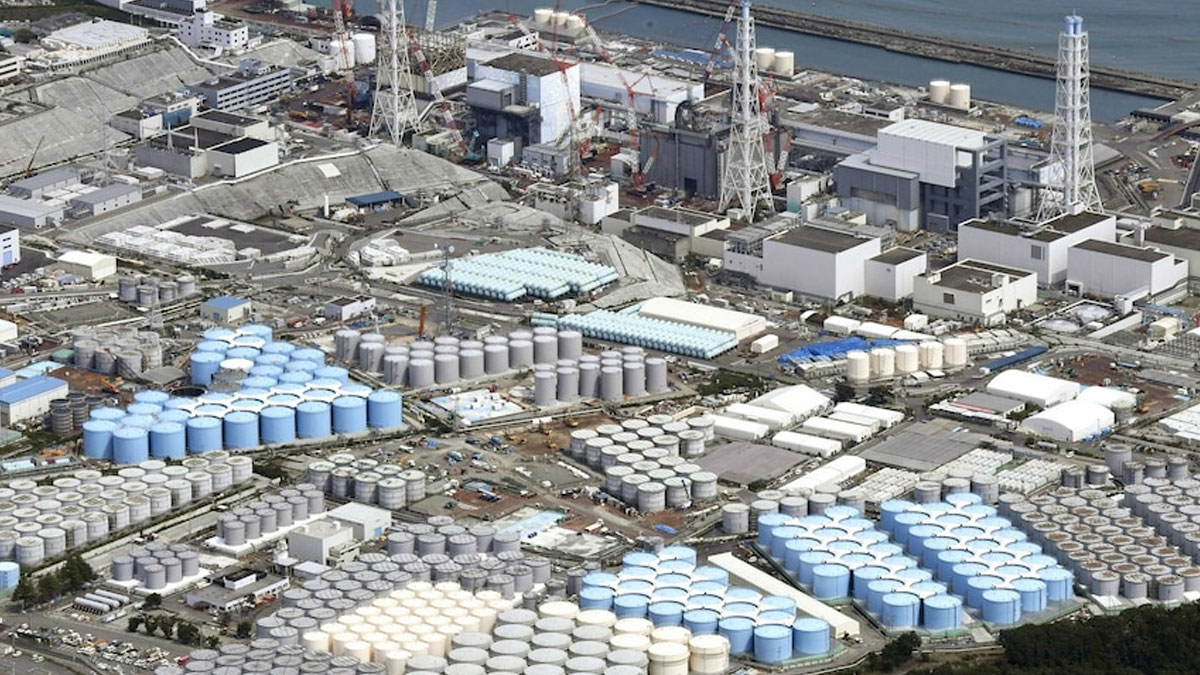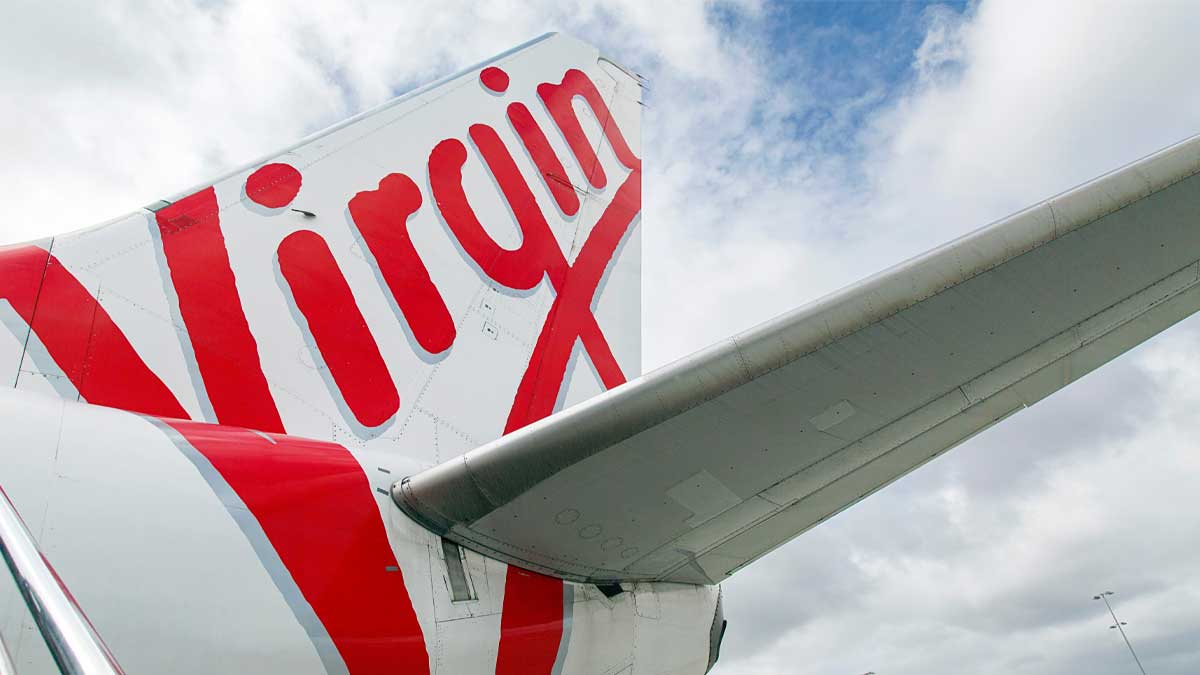
Japan has won approval from the UN's nuclear watchdog for its plan to release treated radioactive water from the tsunami-wrecked Fukushima plant into the ocean, despite fierce resistance locally and from abroad.
Following a two-year review, the International Atomic Energy Agency says Japan's plans were consistent with international safety standards and they would have a negligible radiological impact to people and the environment.
"This is a very special night today," IAEA chief Rafael Grossi told Japan's Prime Minister Fumio Kishida before handing him a thick blue folder containing the final report on Tuesday.
Japan has not specified a date to start the water release, which will take between 30 and 40 years to complete, pending official approval from the national nuclear regulatory body for Tokyo Electric Power.
The nuclear regulator's final word could come as early as this week.
Local Japanese fishing unions have opposed the government's plan, conceived in 2021, saying it would undo work to repair their industry's reputation after several countries banned some Japanese food products following the 2011 Fukushima disaster.
South Korea, China and some Pacific Island nations oppose the water release because of concerns about the threat to the marine environment and public health, with Beijing emerging as the biggest critic of the plan.
While meeting Grossi, Kishida says Japan will continue to provide explanations to the Japanese people and to the international community in a sincere manner based on scientific evidence and with a high level of transparency.
Through its embassy in Japan, Beijing on Tuesday said the IAEA's report could not be a "pass" for the water release and it called for the plan's suspension.
Source: ABC
Stay tuned for the latest news on our radio stations


